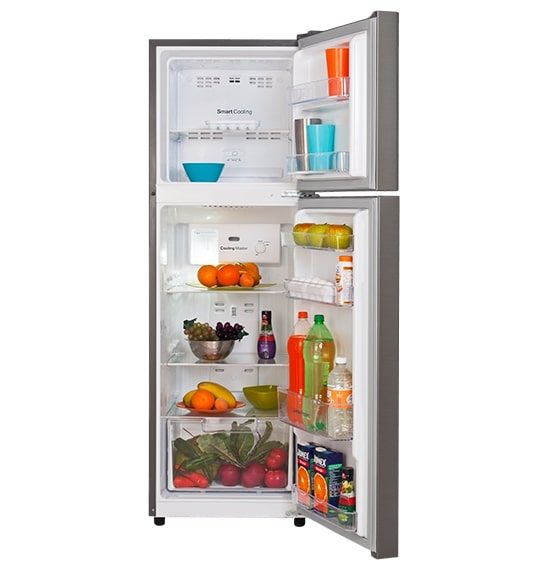What temperature does my fridge & freezer need to be?
The beloved refrigerator, where would be without them? And that's why you will find one in every home, restaurant, commercial building, and most offices.
It is easy to take our fridge and freezer for granted until we notice it's not keeping our food at the temperature it should be. Think of a hot summer day and reaching for an ice-cold beverage from your fridge, only to find it is not cold at all, or taking out meat to find it has spoilt and is no longer edible.
Set at the correct temperature your refrigerator and freezer will keep perishable food cold, especially milk, helping to preserve the freshness of your food for longer, and keep your energy bills low. Not to mention, the money you will save on your grocery bills, by not needing to discard spoilt food.
What is the optimal temperature for a refrigerator and freezer?
The Australian Standard for all fridges states the fresh food compartment should be at an average of 3°C. This is a good temperature to aim for as it is below 4°C, but you're not going to freeze your food.
To keep your food from spoiling your refrigerator and freezer need to be kept at these temperatures:
- Fresh food;- Between 0°C - 4°C
- Freezer- should be kept at - 18°C or below
- Fruit & Vege compartment - should be kept at temperatures higher than 5°C
- Dairy compartment - Located at the top of the fridge door- around 8°C

Handy fridge tips!
When you have your fridge and freezer set to an optimal temperature, it may seem like common sense, but all too often we can open the refrigerator door and simply stand there looking into the fridge with the door open. This is a particularly common habit of children.
The best practice is to keep the door open for the least amount of time as the cold air escapes very quickly. Doing this simple thing will help the refrigerator stay at its optimal temperature.
Another tip is to not overload your fridge or freeze as this can affect the overall temperature setting as your fridge needs to work harder to keep all the contents cold.
Lastly, investing in a fridge thermometer will allow you to check that the temperature stays below 4°C to keep your food safe and your beverages refreshingly cold.
Commercial Fridges
Commercial refrigerators take time to stabilise their set temperatures, and the bigger the unit the longer it takes. Therefore when adjusting the temperature wait for a full day and check it again before storing food products.
Due to the volume of food a commercial fridge needs to keep cold, the average temperature operating range is between 3 and 5 degrees Celsius. If you store foods at a lower temperature there is a risk the food items will freeze.
If you are still unsure of the optimal temperature setting for your fridge/freezer speak to one of our commercial refrigeration experts at Sea Air Mechanical Services, your local refrigeration specialists on 0401 787 183. We specialise in refrigeration repairs, servicing and maintenance on the Sunshine Coast and across North Brisbane.
Reference



